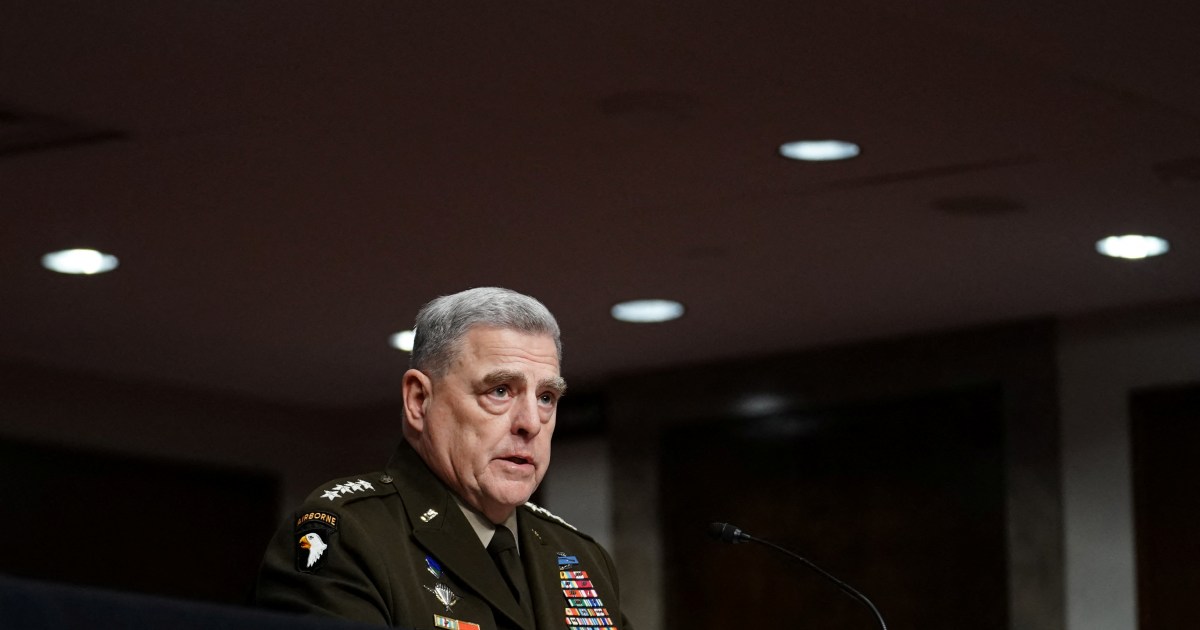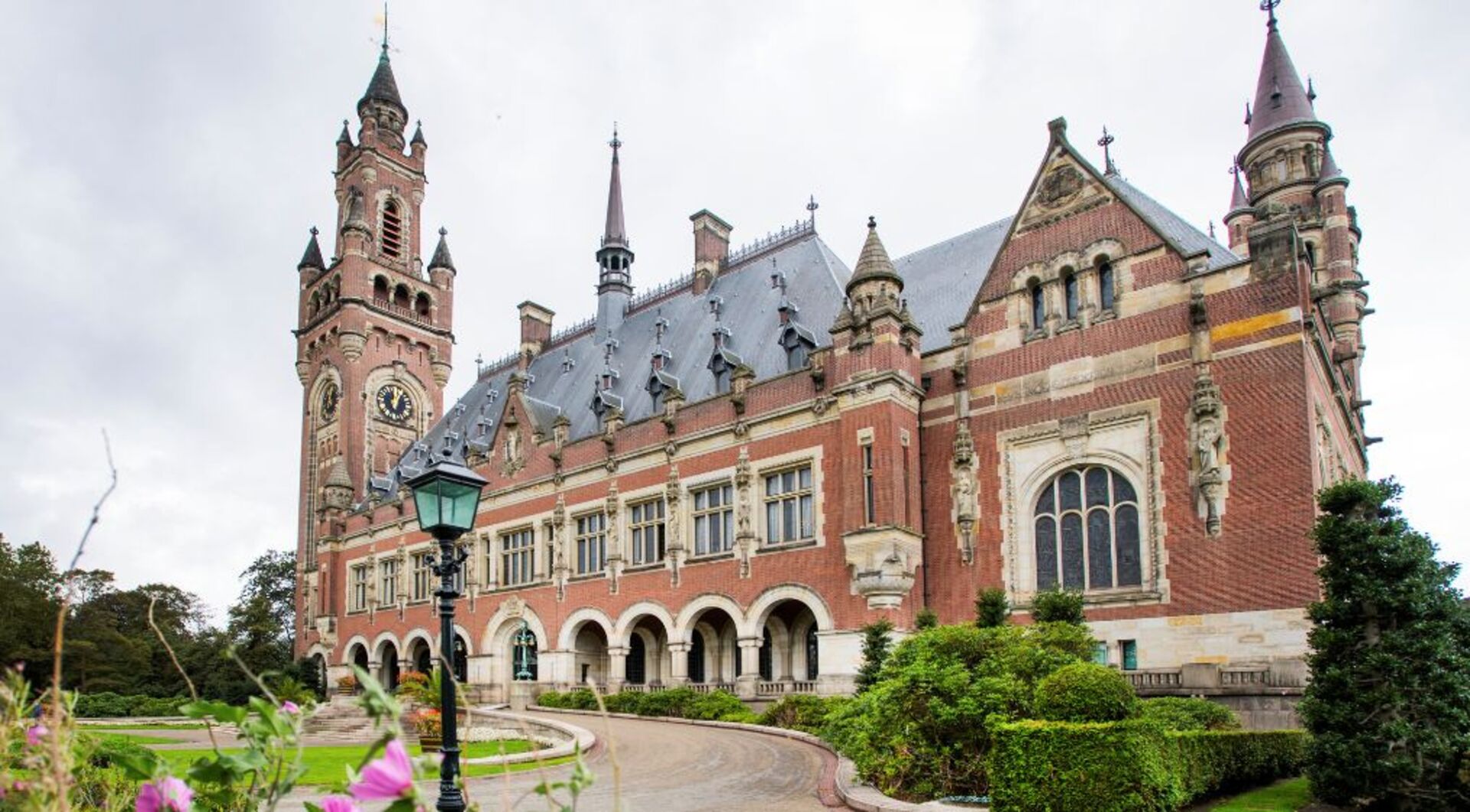UN Security Council turns down request for Nord Stream inquiry | United Nations News
Questions remain over explosions in September that damaged gas pipelines connecting Russia and Germany.
Russia has failed to get the United Nations Security Council to ask for an independent inquiry into explosions in September that ruptured the Nord Stream gas pipelines connecting Russia and Germany, spewing gas into the Baltic Sea.
Only Russia, China and Brazil voted in favour of the Russian-drafted text on Monday, while the remaining 12 council members abstained. A resolution needs at least nine votes in favour and no vetoes by Russia, China, France, the United States or the United Kingdom to pass.
Russia proposed the draft resolution last month, just days before the first anniversary of its invasion of Ukraine.
“Without an objective and transparent international investigation, the truth will not be uncovered as to what happened,” Russia’s UN Ambassador Vassily Nebenzia told the council before the vote.
The pipeline blasts occurred in the exclusive economic zones of Sweden and Denmark. Last month Sweden, Denmark and Germany said that their own separate investigations were still ongoing and that Russia has been informed.
In a joint letter to the Security Council, they said the damage was caused by “powerful explosions due to sabotage”. The US and NATO have also called the incident “an act of sabotage”.
Most Security Council members who abstained on Monday said they did so because the national investigations should be allowed to conclude before considering whether any action at the UN was needed.
Russia has complained that it has not been kept informed about the ongoing national investigations. Moscow has maintained, without providing evidence, that the West was behind the blasts.
“The United States was not involved in any way. Period,” said deputy US ambassador to the UN Robert Wood.
He accused Russia of trying to “discredit the work of ongoing national investigations and prejudice any conclusions they reach that do not comport to Russia’s predetermined and political narrative”.




